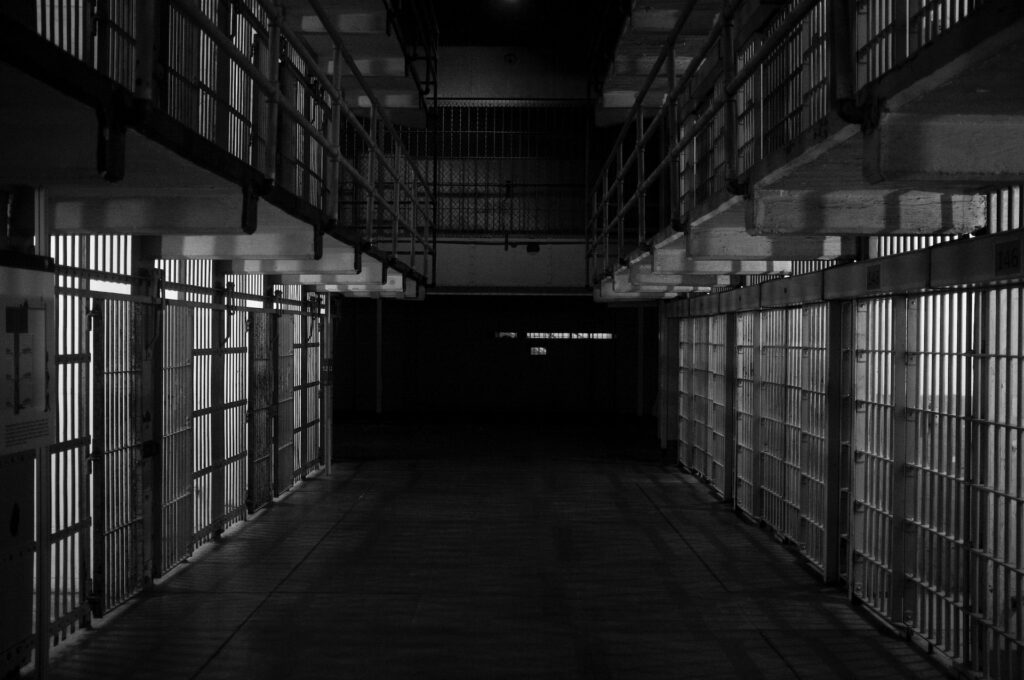
(Rightallegiance.com) – In a significant development on Friday, David DePape, the man who broke into the San Francisco residence of then-House Speaker Nancy Pelosi and attacked her husband Paul Pelosi with a hammer, was sentenced to 30 years in federal prison. This sentence comes two years after the shocking incident that raised alarm about politically motivated violence just before the 2022 midterm elections.
Nancy Pelosi was serving as the Speaker of the House and was second in line to the presidency at the time of the assault. The violent act prompted widespread concern about the safety of public officials amid heightened political tensions. DePape, who was convicted on federal charges in November 2023, admitted during his trial that he carried out the attack. Despite this admission, he maintained that he never intended to harm Paul Pelosi.
DePape’s break-in and subsequent assault were part of a larger plot to kidnap Nancy Pelosi and interrogate her about what he believed was a corrupt conspiracy involving Pelosi and other prominent liberals. This disturbing motive was revealed during the trial, where DePape was convicted of attempted kidnapping of a federal officer and assault on an immediate family member of a federal official.
Prosecutors pushed for the maximum penalties for each charge—20 years for the attempted kidnapping and 30 years for the assault. While Judge Jacqueline Scott Corley imposed these maximum sentences, she ruled that they would run concurrently rather than consecutively, meaning DePape will serve a total of 30 years rather than 40. DePape’s defense team had sought a more lenient sentence of 14 years, highlighting his lack of prior criminal history and susceptibility to conspiracy theories. However, Judge Corley emphasized the gratuitous nature of the violence and its potential deterrent effect on public service.
During the sentencing hearing, the impact of the attack was vividly described through statements from the Pelosi family. Christine Pelosi read her parents’ statements to the court, detailing the physical and emotional toll the assault had taken on Paul Pelosi. He spoke of ongoing physical pain and trauma, alongside the haunting memory of the attack and the continued threats they face. Nancy Pelosi expressed that their home remains scarred by the violence, with bloodstains still marking the crime scene.
DePape did not speak at the sentencing. His legal defense painted a picture of a man deeply influenced by online conspiracy theories and radicalized by the rhetoric of right-wing figures. His lawyers argued that DePape’s target was not Pelosi as a government official, but as a member of an elite Democratic group he believed was undermining American freedoms. They presented evidence of DePape’s other targets, which included Hunter Biden, actor Tom Hanks, billionaire George Soros, and California Governor Gavin Newsom.
Originally from Canada, DePape moved to San Francisco in his 20s and led a transient lifestyle, working odd jobs and occasionally living in a park in Berkeley. He was once part of the Bay Area’s liberal counterculture, participating in protests and experimenting with psychedelics. His relationship with Oxane “Gypsy” Taub, a local activist with whom he had two children, eventually deteriorated. Following their split, DePape became increasingly isolated and immersed in conspiracy theories, aligning himself with the extremist beliefs propagated by movements like QAnon and Pizzagate, and showing support for Donald Trump.
DePape’s defense team claimed that his life was profoundly shaped by his relationship with Taub and his immersion in conspiracy-laden media. They argued that he was manipulated by these influences, which exploited his vulnerabilities. Taub, who was present at the sentencing, acknowledged past abusive behavior in relationships but denied ever abusing DePape. She described herself as a “professional conspiracy theorist,” rejecting the negative connotation of the term “radicalize.”
Prosecutors, however, sought a “terrorism enhancement” to DePape’s sentence, asserting that his actions constituted an attack on democracy itself. They contended that DePape intended to make a political statement and was prepared to broadcast his actions to the world.
U.S. Attorney for the Northern District of California, Ismail Ramsey, emphasized the gravity of the crime in a statement outside the courtroom, underscoring the need for political discourse to remain nonviolent. He called the sentence a stern reminder of this principle.
The attack occurred in the early hours of October 28, 2022, when DePape broke into the Pelosi home in San Francisco’s affluent Pacific Heights neighborhood. Nancy Pelosi was in Washington, D.C., at the time, leaving her husband Paul alone in the house. DePape’s plan involved capturing Nancy Pelosi, interrogating her, and harming her if she did not comply. His bizarre intentions included wearing a unicorn costume during the interrogation and broadcasting it online.
When DePape confronted Paul Pelosi in their bedroom, demanding, “Where’s Nancy?”, Paul managed to discreetly call 911. Police arrived to find the two men struggling over a hammer. As officers entered, DePape seized control of the hammer and struck Paul Pelosi multiple times, causing severe head injuries that required surgery and a six-day hospital stay.
DePape still faces state charges related to the attack, including attempted murder, assault with a deadly weapon, and elder abuse. Jury selection for his state trial is set to begin on May 22.
The case underscores the perilous intersection of political extremism and violence, highlighting the profound impact on those targeted and the broader implications for democratic institutions.